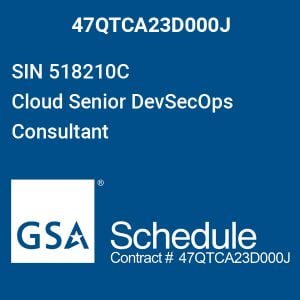
OpenSpace Software Development
OpenSpace is a software development framework that enables the rapid deployment of custom space situational awareness (SSA) applications. OpenSpace was originally developed by Professor Loren Acton at the New Mexico Institute of Mining and Technology and is now being actively developed by the US Space Command. This blog post provides an overview of the OpenSpace software development framework and describes how it can be used to develop custom SSA applications. The OpenSpace software development framework offers a number of advantages over traditional application development frameworks, including reduced development time and lower costs. In addition, it provides a platform for developing custom SSA applications that meet the specific needs of the US Space Command.
- Open communication: All stakeholders in a project have to access to the same information. This transparency promotes collaboration and ensures that everyone is working towards the same goal.
- Distributed decision-making: Decisions are made by consensus, which means that all stakeholders have a say in the direction of the project. This participatory approach leads to better decisions and buy-in from all involved parties.
- Continuous integration: Code changes are regularly integrated into the main codebase, which reduces errors and makes it easier to track progress.
- Constant learning: OpenSpace projects are constantly evolving, which means that developers must continuously learn new skills and technologies. This learning curve helps to keep developers up-to-date with the latest trends in the industry.
How OpenSpace software development can help the US Space Command
Service-Disabled Veteran-Owned Small Business (SDVOSB)
Small Disadvantaged Business (SDB)
Small Disadvantaged Business leads to enhanced innovation and creativity, as these businesses often offer unique perspectives and solutions shaped by their diverse backgrounds. Moreover, partnering with Small Disadvantaged Business can provide access to specialized skills and capabilities that might otherwise be overlooked, contributing to improved competitiveness and efficiency.

Transforming for Innovation, Sustainability and Security
Transforming for Innovation and Sustainability securing future competitive advantage
Integration of DevSecOps Into the Development of Cloud-Native Applications for Satellite Control
How Openspace Software Development Plays a Role in the Joint All-Domain Command and Control (JADC2) World?
- The ability to design and implement systems faster
- Increased flexibility in system design
- Fewer errors in system implementation
- Increased understanding of the JADC2 environment by system developers.
Cloud Computing Technologies Builds Microservices Platforms From Ground Up
Cloud Computing Technologies Leverages Zero-Trust to Build Microservices Platforms
Generative AI Software Integration
What clients say about Cloud Computing Technologies






Experience and Agile Expertise
Cloud Computing Technologies Leverages Micro-Segmentation to Build Microservices Platforms
- Reduced time to market: Microservices can be developed and deployed much faster than traditional monolithic applications.
- Increased flexibility and agility: Microservices are easier to change and update than monolithic applications.
- Improved scalability: Microservices can be scaled up or down as needed to meet changing demand.
- Reduced costs: Microservices can be more cost-effective to develop and deploy than traditional monolithic applications.
Cloud Computing Technologies Leverages Fault Tolerance to Build Microservices Platforms
Further information about OpenSpace Software Development.







